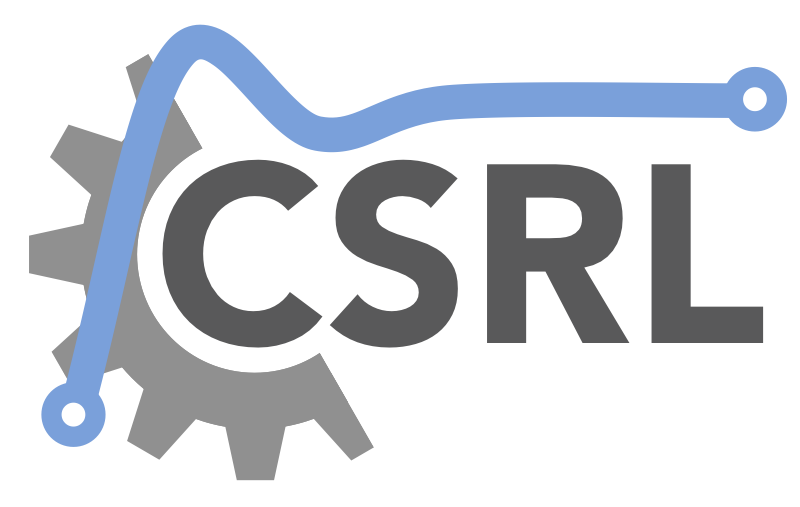Machine Learning – Artificial Intelligence
9th Semester
Machine Learning is now a fundamental part of many commercial and research applications. By using the Python language, and libraries such as Scikit-learn and TensorFlow, it is possible to quickly develop complex applications, in fields such as the development of human-machine communication interfaces based on machine vision, hearing, the use of sensors, actuators, etc. .a.
Bearing in mind the above, this course aims to introduce students to the subject of Machine Learning. Within this framework, the principles that govern the various stages of implementing a knowledge mining system from data will be studied, using basic techniques as well as state-of-the-art methods. The course lectures will cover the complete process of developing decision functions, including those for data collection, feature extraction and result evaluation.
In addition to covering the relevant theoretical background, Python language libraries, used in research and commercial applications, will be used to develop automatic pattern recognition systems, in fields related to robotics and mechatronic systems. Course material includes: principles of Artificial Neural Networks, basic architectures, basic training algorithms, training multilayer neural networks, recurrent neural networks, dynamic systems and neural control, system identification, data representation, normalization, data selection for training and test.
Topics in pattern recognition, supervised/unsupervised learning, reinforcement learning. Classification, regression, clustering and decision trees. Rote learning, support vector machines. Introduction to Particle Swarm Optimization (PSO) algorithms. Basic Particle Swarm Optimization Algorithm Globally Optimal Solution, Locally Optimal Solution Optimization, Speed Cut Optimization, Constrained Optimization. PSO applications in robotics and manufacturing systems. Open source computing tools in Python, for creating complete machine learning systems (Scikit-Learn, Tensorflow). Applications of machine learning methods in robotics and engineering systems.
Upon successful completion of the course the student will be able to:
- knows the basic concepts and applications of machine learning
- knows the pros and cons of widely used machine learning algorithms
- design databases and output training/evaluation vector sets for reliable information mining
- can apply advanced methods and procedures for the evaluation and optimal selection of training parameters
- has familiarity with popular machine learning computational programming packages in the Python language
- uses the trained models on single board computers
Required knowledge: Computer Science, Computer Science for Engineers, Advanced Programming.
